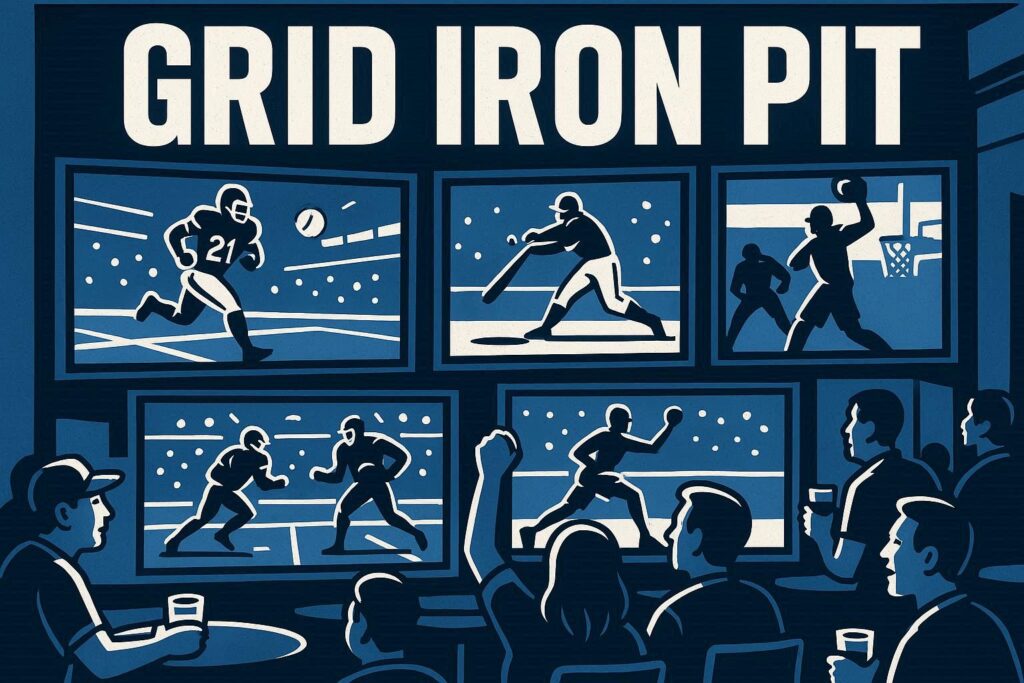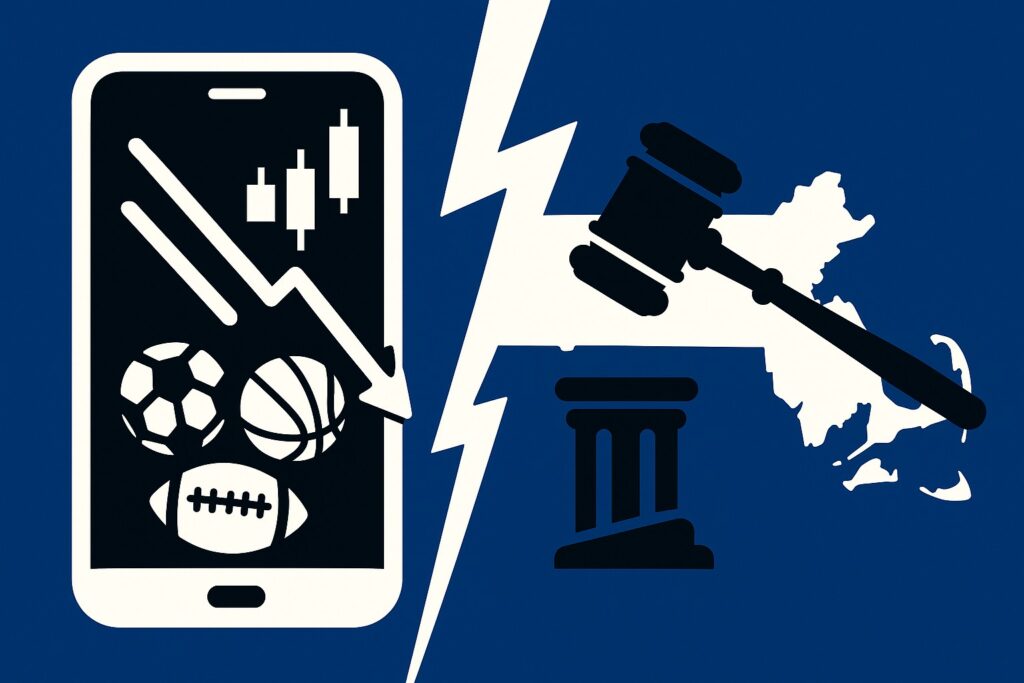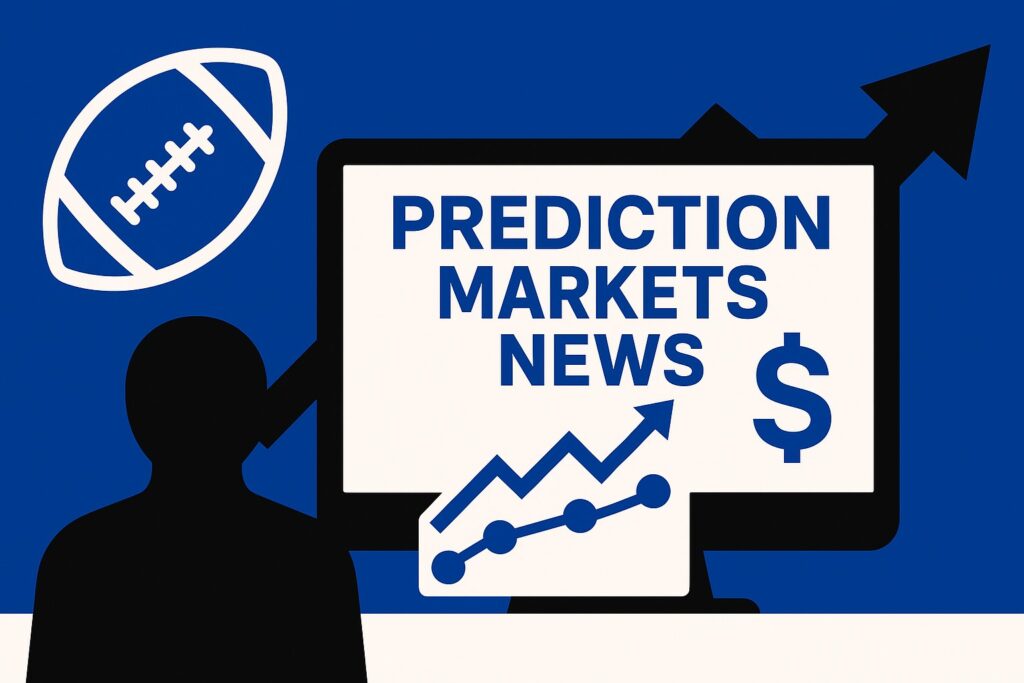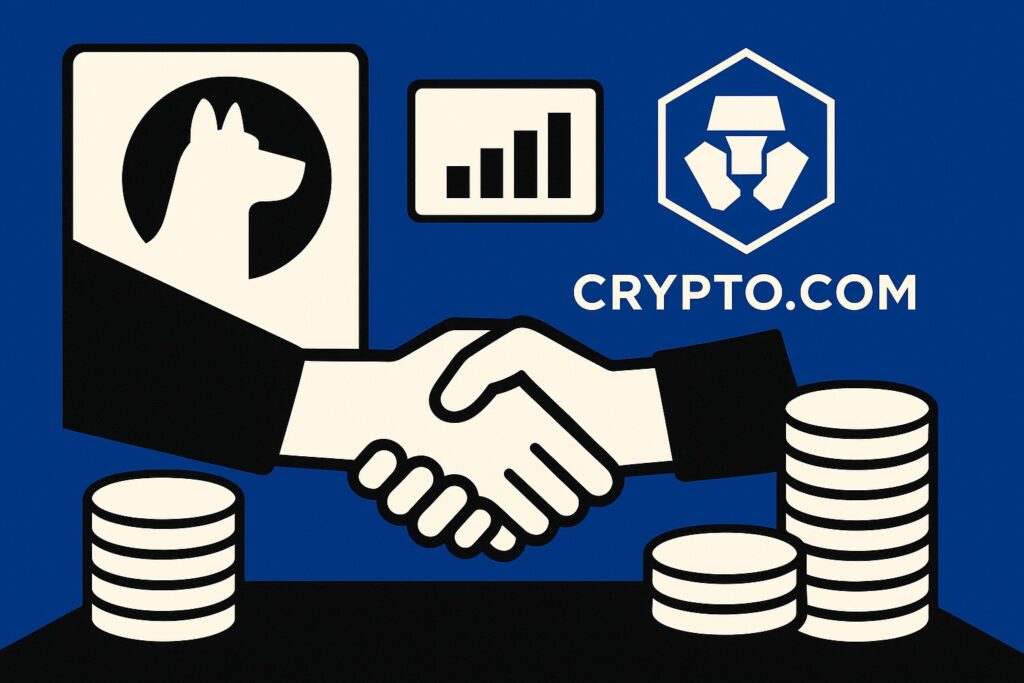While the NBA and MLB both recently filed public comment with the Commodities and Futures Trading Commission expressing concern about prediction markets offering what amounts to betting on their sports, the NFL’s plea to the regulatory body came last year.
On Aug. 8, 2024, the deadline to submit comments to the CFTC regarding a proposed ban on exchanges from offering sports event contracts, Jonathan Nabavi, the NFL’s VP of Public Policy & Government Affairs, wrote, “The NFL remains concerned … that if sports wagering contracts were to be permitted, they potentially could negatively impact the integrity of, and consumer confidence, in our games.”
The MLB’s and NBA’s letters echoed the integrity fears voiced by Nabavi.
“As the resemblance between sports event contracts and traditional sports betting markets continues to grow, so too does the need to replicate the integrity and consumer protections that exist at the state level. Currently, those protections are lacking,” Bryan Seeley, Executive VP, Legal & Operations at MLB, wrote to CFTC Acting Chair Caroline Pham on March 7, 2025.
About two months later, on May 1 of this year, Alexandra Roth, the NBA’s VP & Assistant General Counsel, League Governance & Policy, penned to Pham, “Without oversight and regulation tailored to the specific circumstances of sports wagering, the integrity risks posed by sports prediction markets are more significant and more difficult to manage than those presented by legal, regulated sports gambling.”
Integrity of their games has always been high on the list of sports leagues’ concerns when it comes to sports betting. At least publicly, it was the main reason leagues opposed legalization, and they continue to lean into integrity as the basis for their cases against the likes of Kalshi, Robinhood, and Polymarket attaching themselves to their sports.
Are sports event contracts legitimate economic hedges?
Under CFTC guidelines, financial exchanges such as Kalshi and Robinhood are allowed to offer contracts as hedges against certain economic conditions.
It’s easy to see how markets related to inflation, tariffs, or presidential elections, all also offered on Kalshi, can be used as economic edges. There’s a looser connection between sports events and the economy.
With about four months before the NFL season begins, nearly $28 million has been traded on Kalshi’s “Pro Football Championship” (Super Bowl) market. Would the Ravens or Eagles winning Super Bowl LX have an economic impact on the cities of Baltimore or Philadelphia? It’s a rather specious argument. Plus, are Kalshi users really taking positions on these teams as some sort of economic hedge? That’s highly doubtful.
In his letter to CFTC Secretary Christopher Kirkpatrick last August, Nabavi alluded to this point.
“The NFL is concerned that if sports related gaming contracts were to be permitted, such contracts may not be used in a legitimate effort to mitigate commercial risk,” Nabavi wrote. “ … We agree with the Commission that participants in sports-related gaming contracts markets would primarily be speculators rather than participants with legitimate commercial hedging interests, and we share the concern that these contracts, if not properly regulated, could be susceptible to manipulation and price distortion.”
Super Bowl markets pulled in February, but Kalshi, Polymarket have ramped it back up
In addition to the “Pro Football Championship”, Kalshi is currently offering markets on the two conferences and eight division winners for the upcoming 2025-26 season. Users can also take “yes” or “no” positions on whether the NFL will ban the “tush push” before June.
On Feb. 4, however, Robinhood halted trading on Super Bowl LIX between the Eagles and Chiefs the platform launched in conjunction with Kalshi a day earlier, six days before kickoff.
The decision was in response to a request from the CFTC that Robinhood not permit sports event contracts trading on its platform.
But after a similar on-again/off-again dalliance during March Madness — when Kalshi/Robinhood pulled college hoops trading at the behest of New Jersey gaming regulators — prediction markets are back to pushing the envelope.
The NFL markets on Polymarket, in fact, are more robust than what’s on Kalshi. They include not only team futures, but also player futures (interception and passing yards leaders), transactions (Aaron Rodgers’ next team, Shedeur Sanders traded before Week 1?), and contracts on outcomes United States regulators would likely never allow sportsbooks to offer (Bill Belichick engaged in 2025?, Odell Beckham Jr. in jail in 2025?).
The NBA’s letter to the CFTC addresses the “rapid pace” at which prediction markets around its sport are expanding. Whereas CFTC-regulated exchanges originally offered full-season events like who will win the championship, single-game markets across a variety of leagues are now offered.
How long, the NBA wonders, until prop bets are permitted?
“This expansion, which has proceeded entirely via the self-certification process, suggests to us that player proposition markets (i.e., markets focused on a player’s single-game performance) or other potential markets (e.g., markets focused on officiating decisions, league rules, or player injuries) are not far behind,” the NBA’s Roth wrote to the CFTC.
Based on some of the aforementioned contracts on Polymarket, the path the NBA fears is exactly the one the prediction markets are walking.





